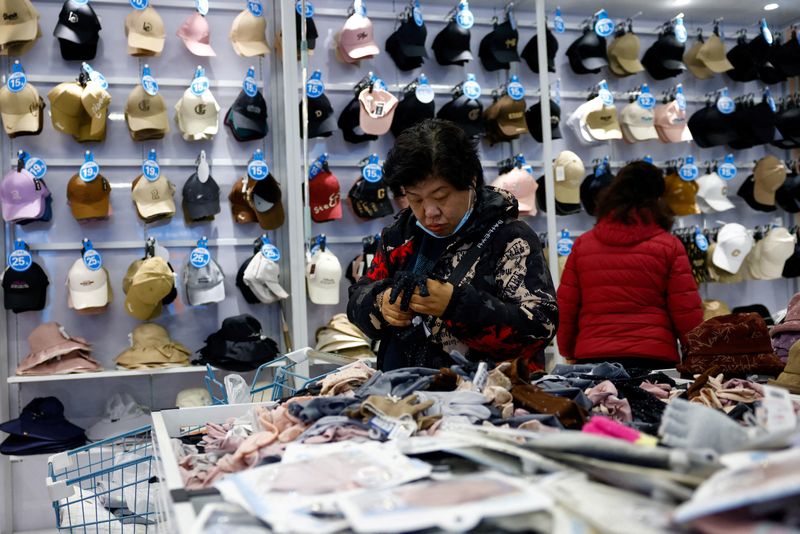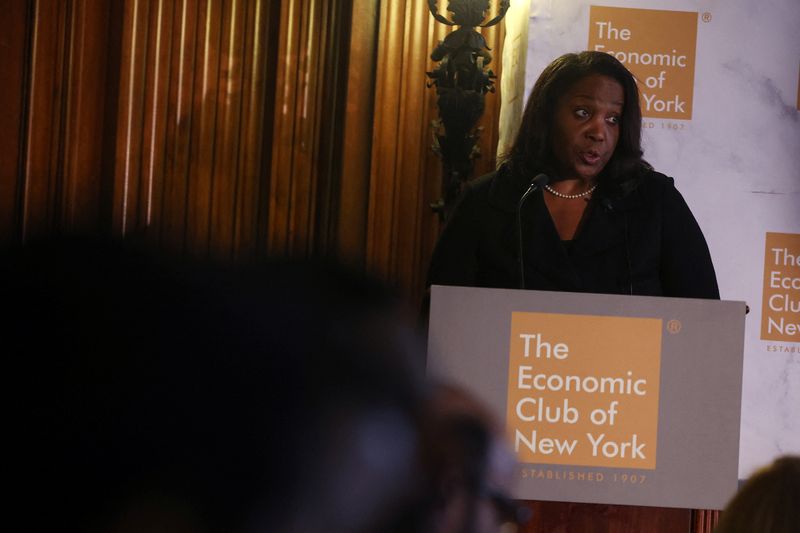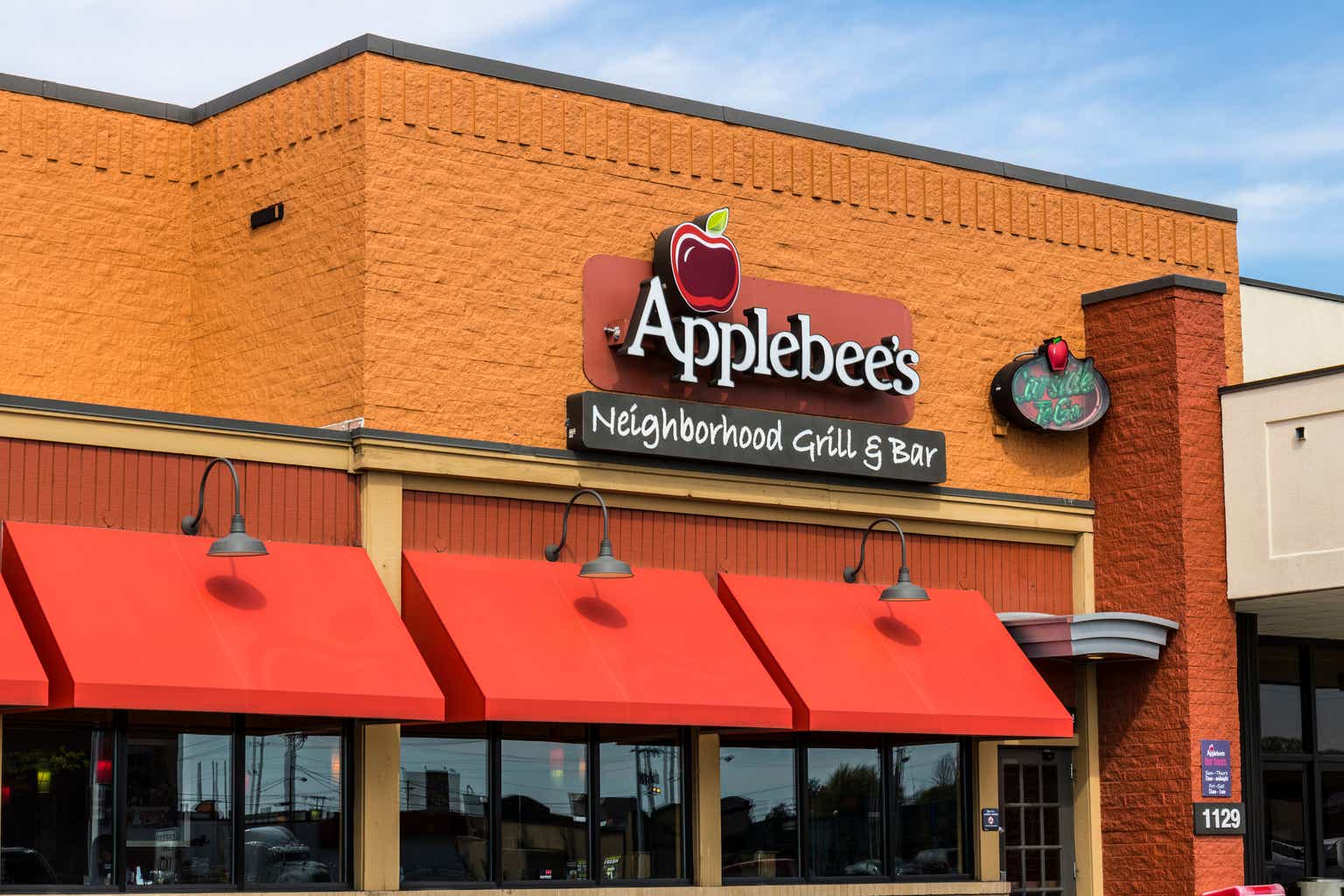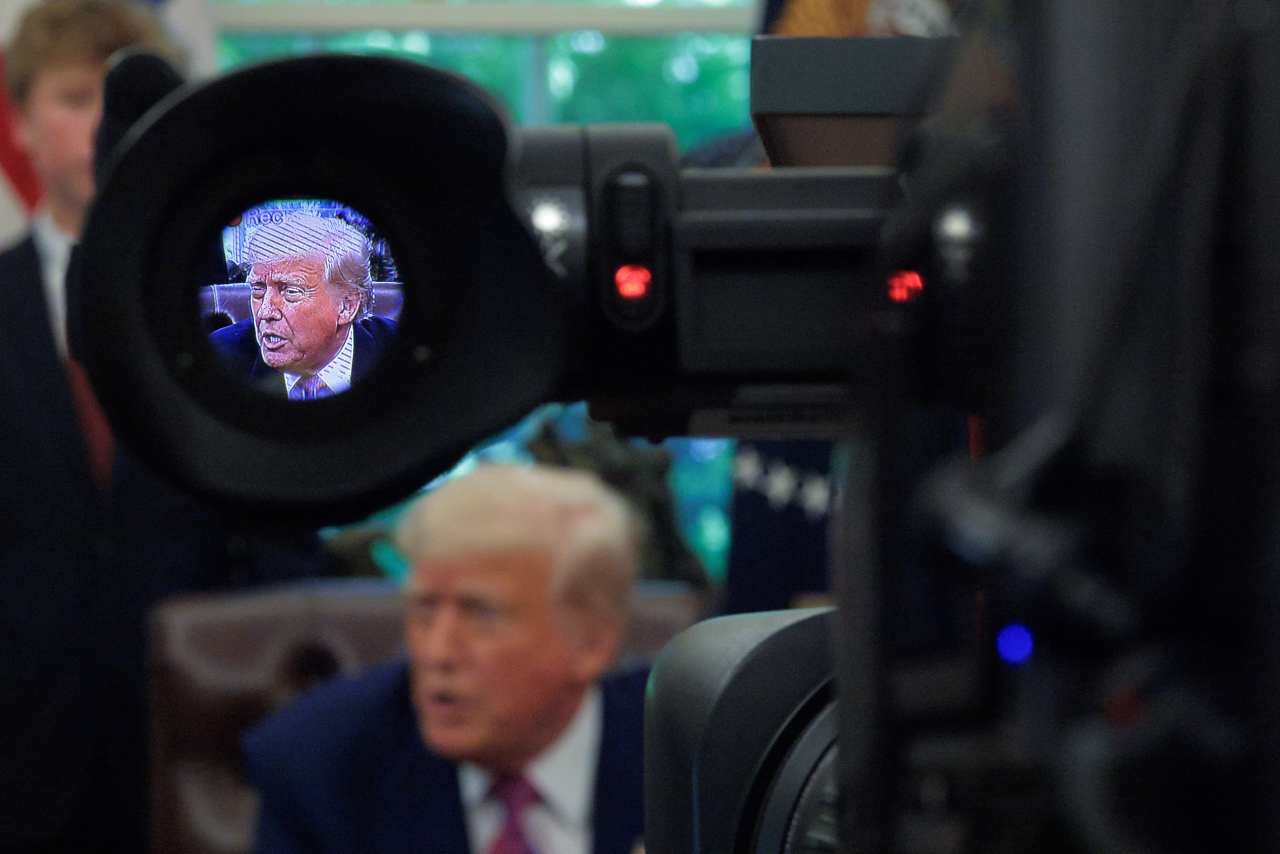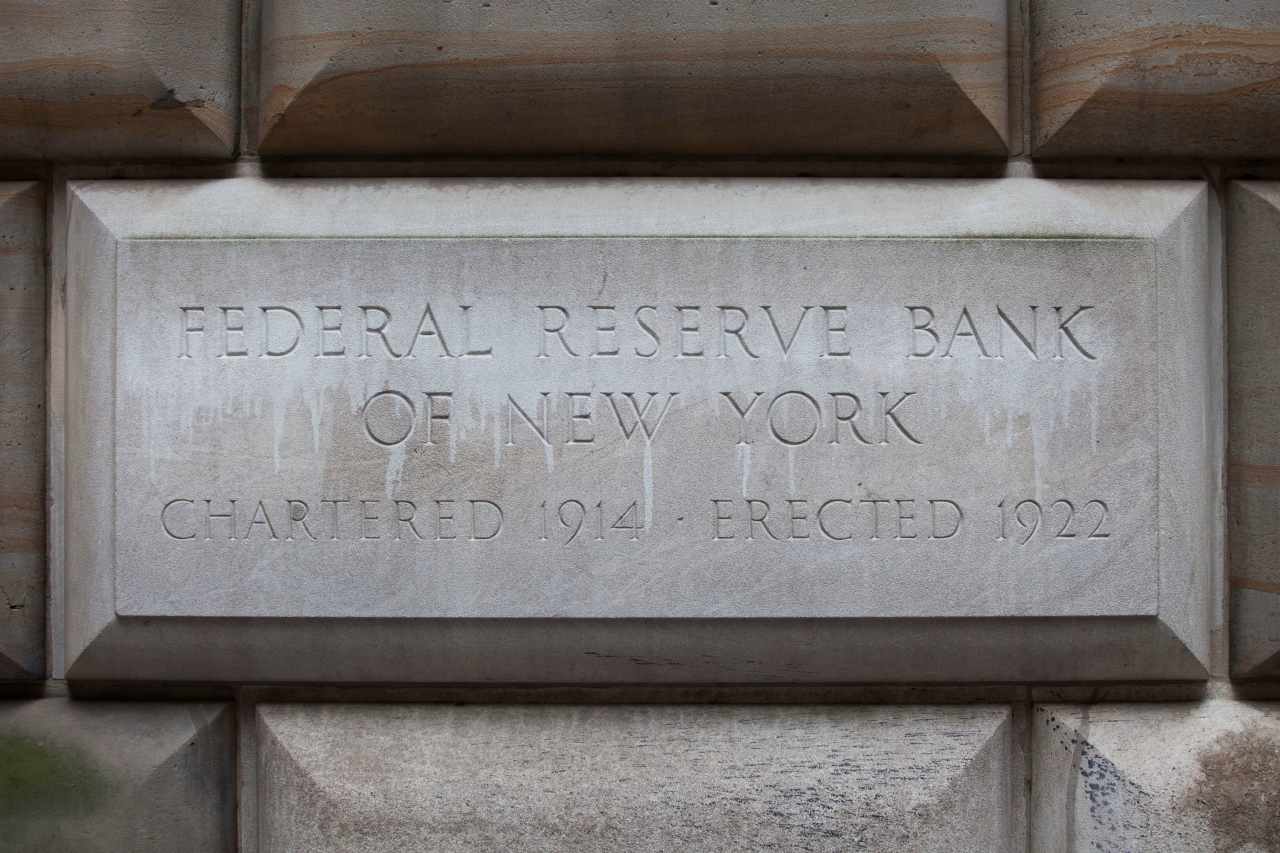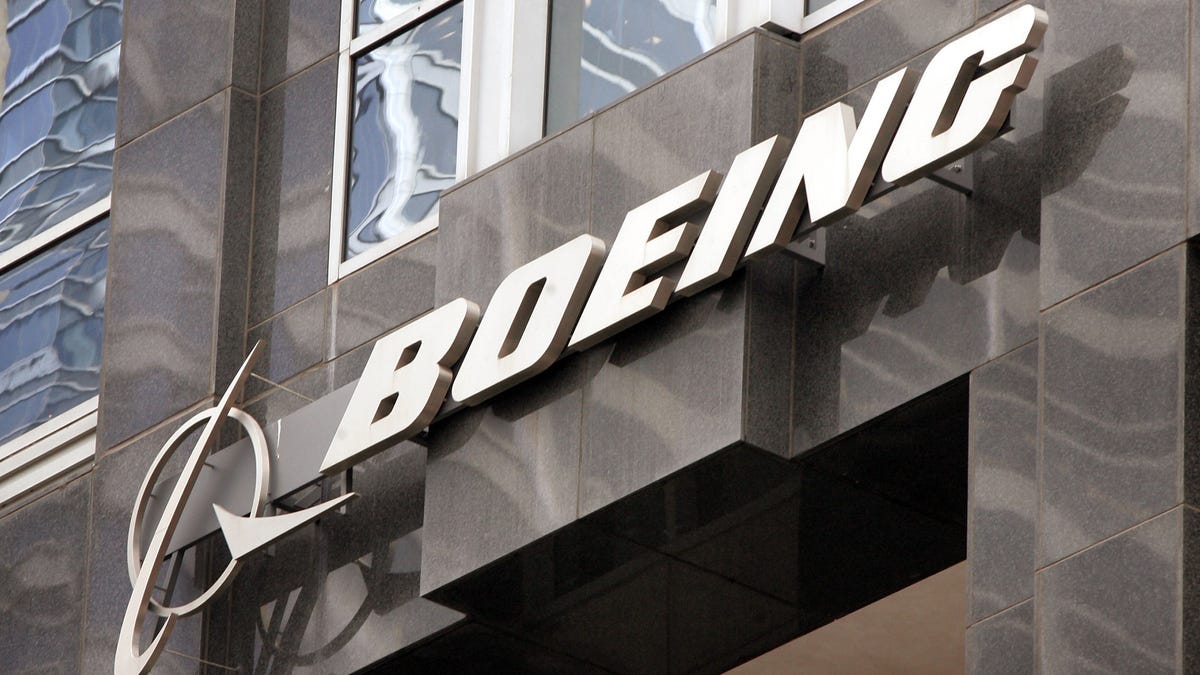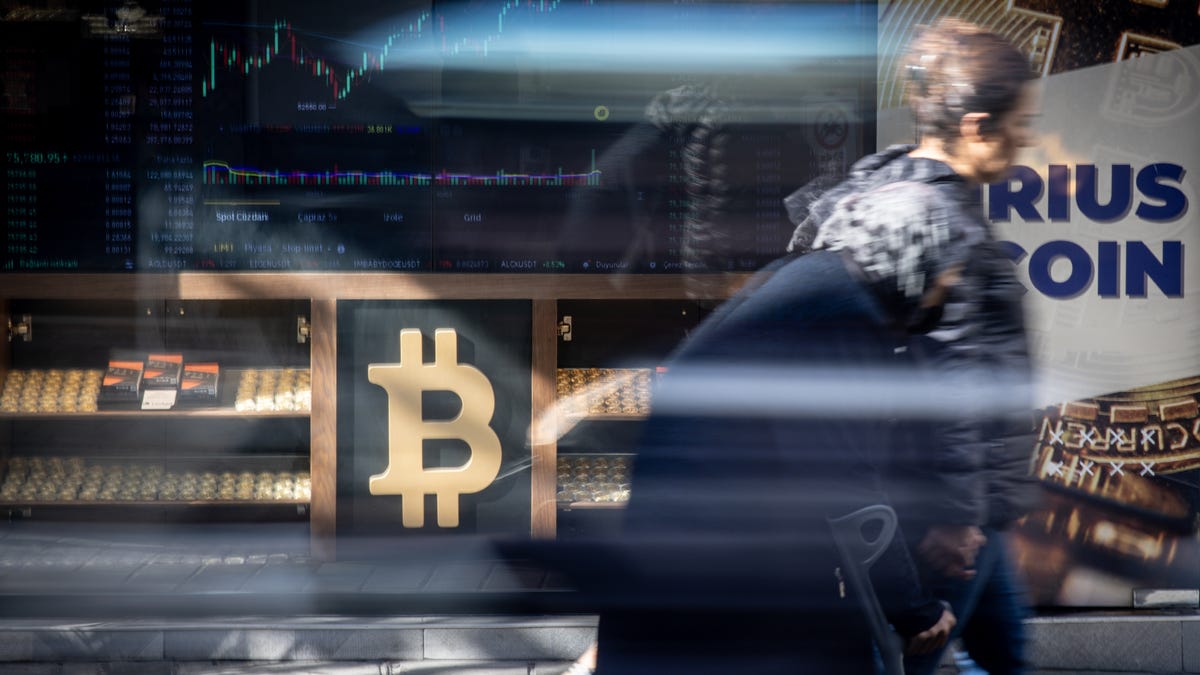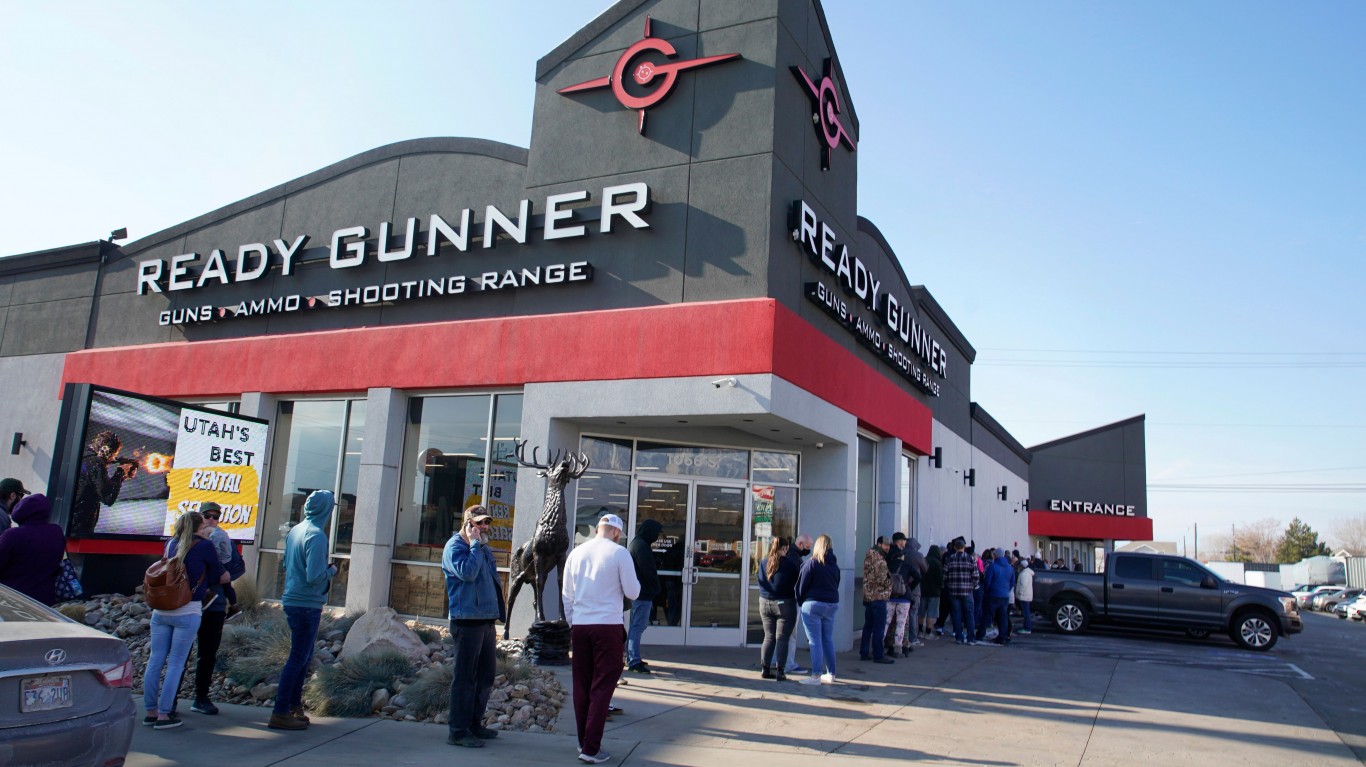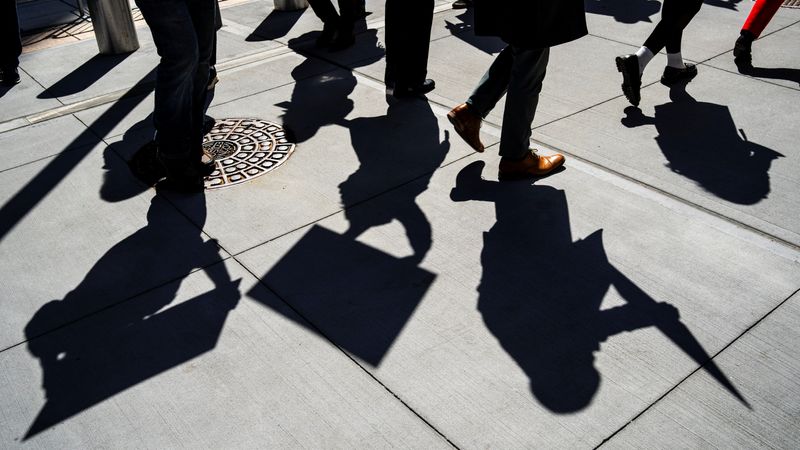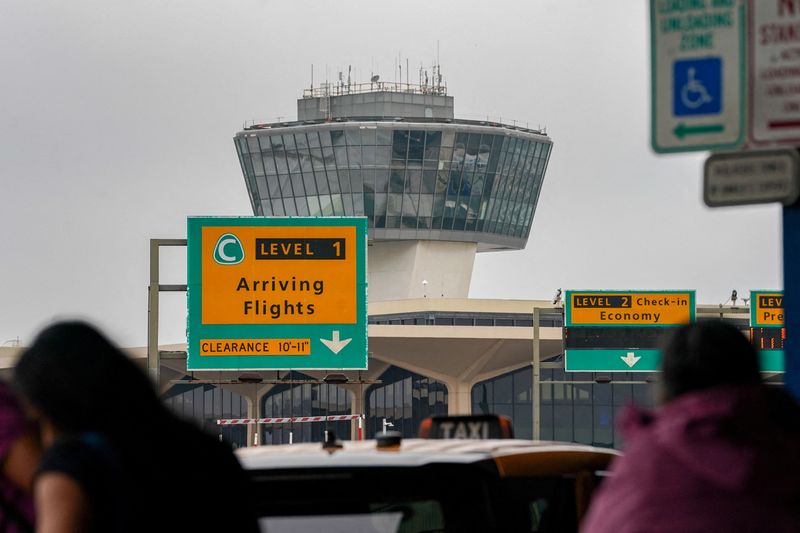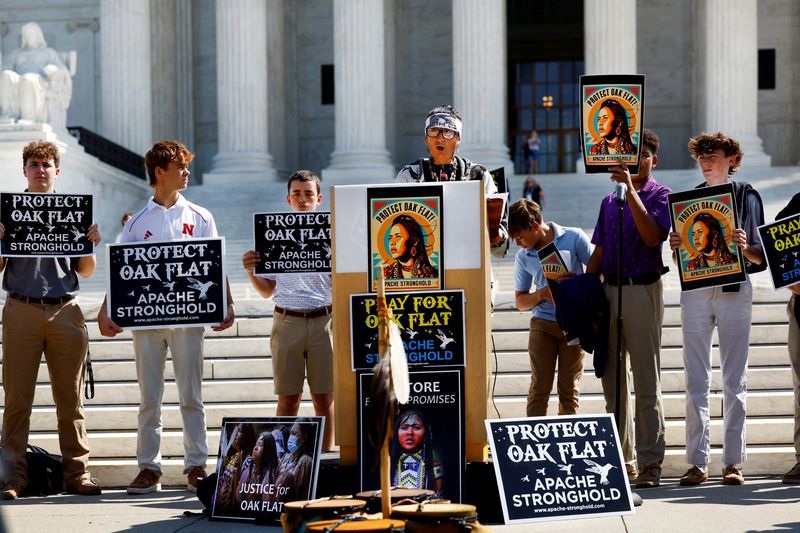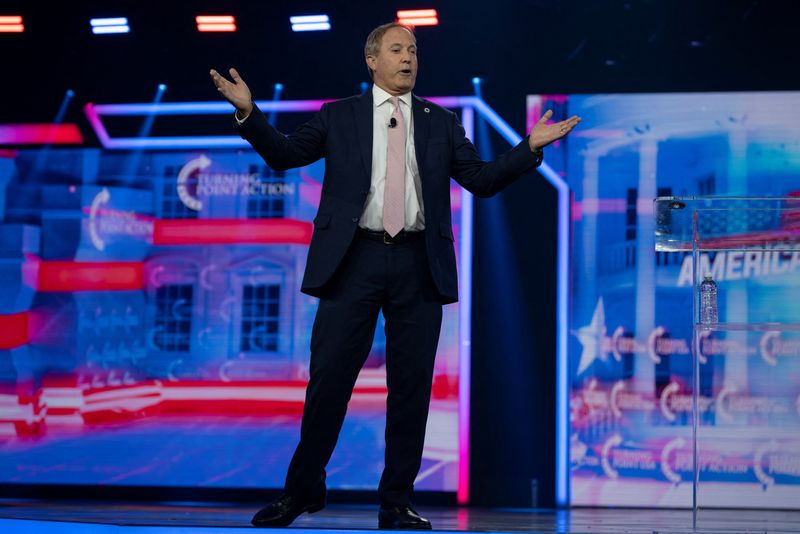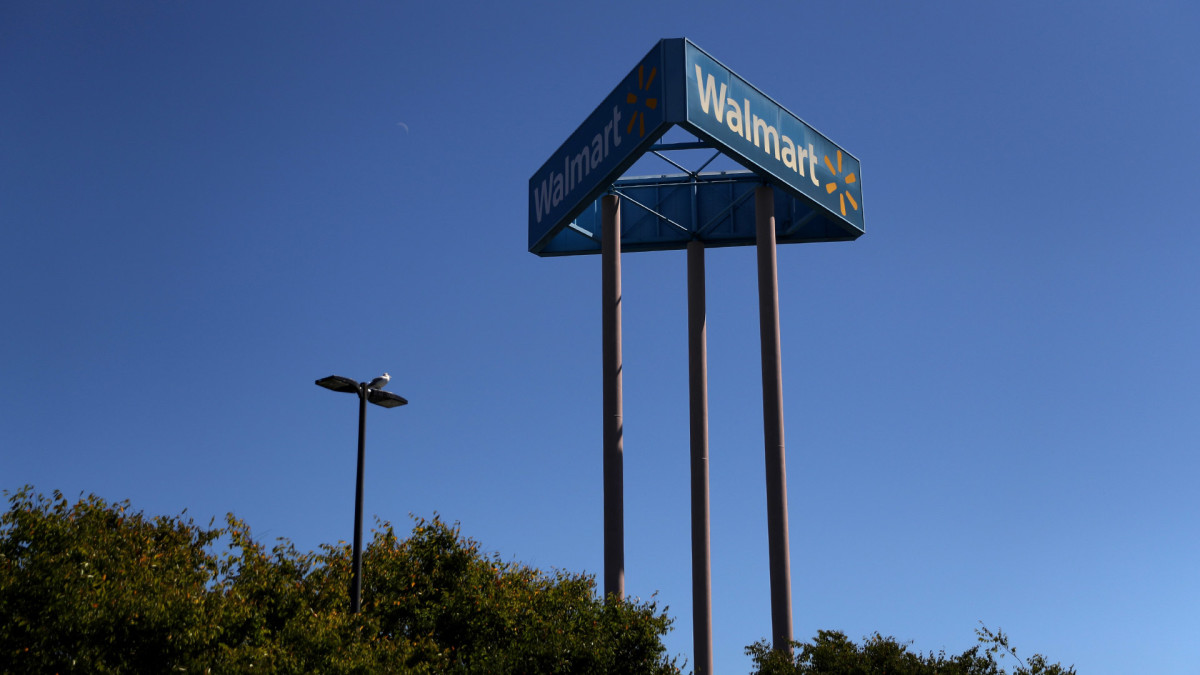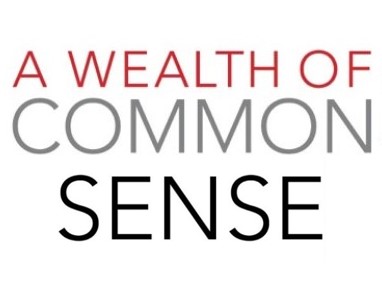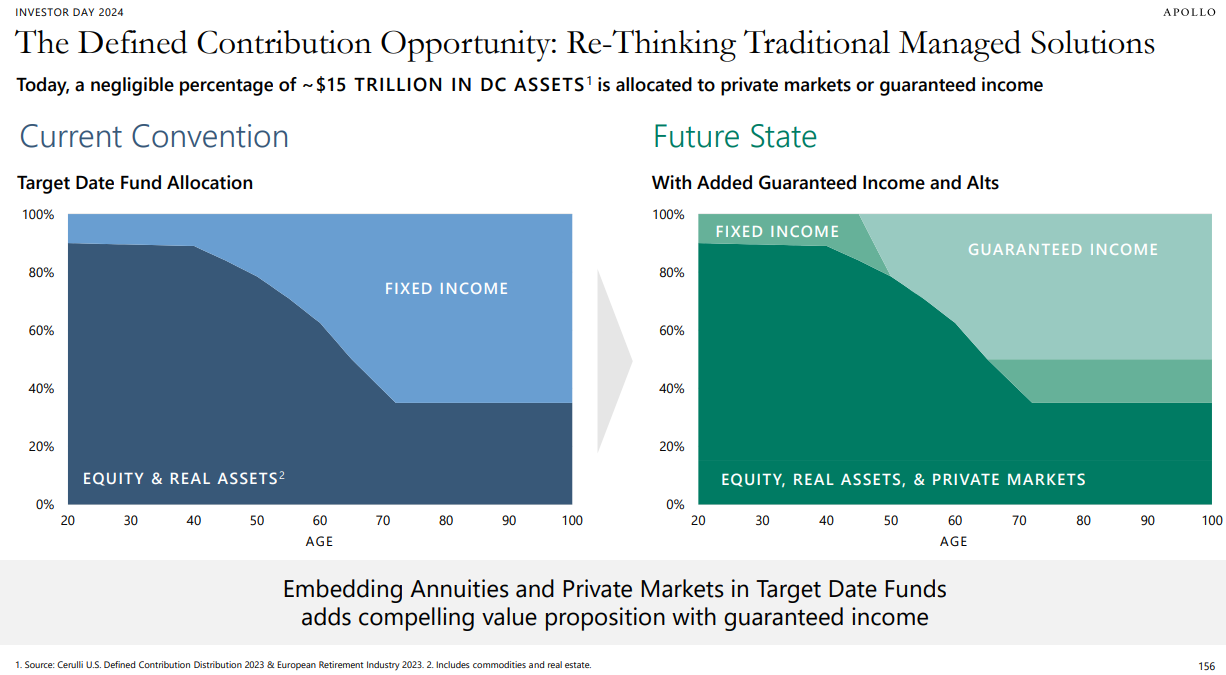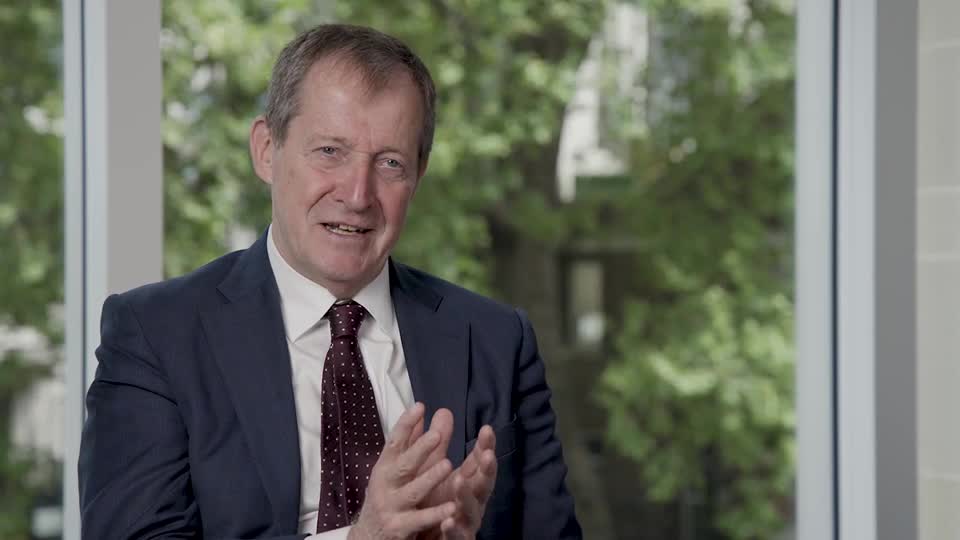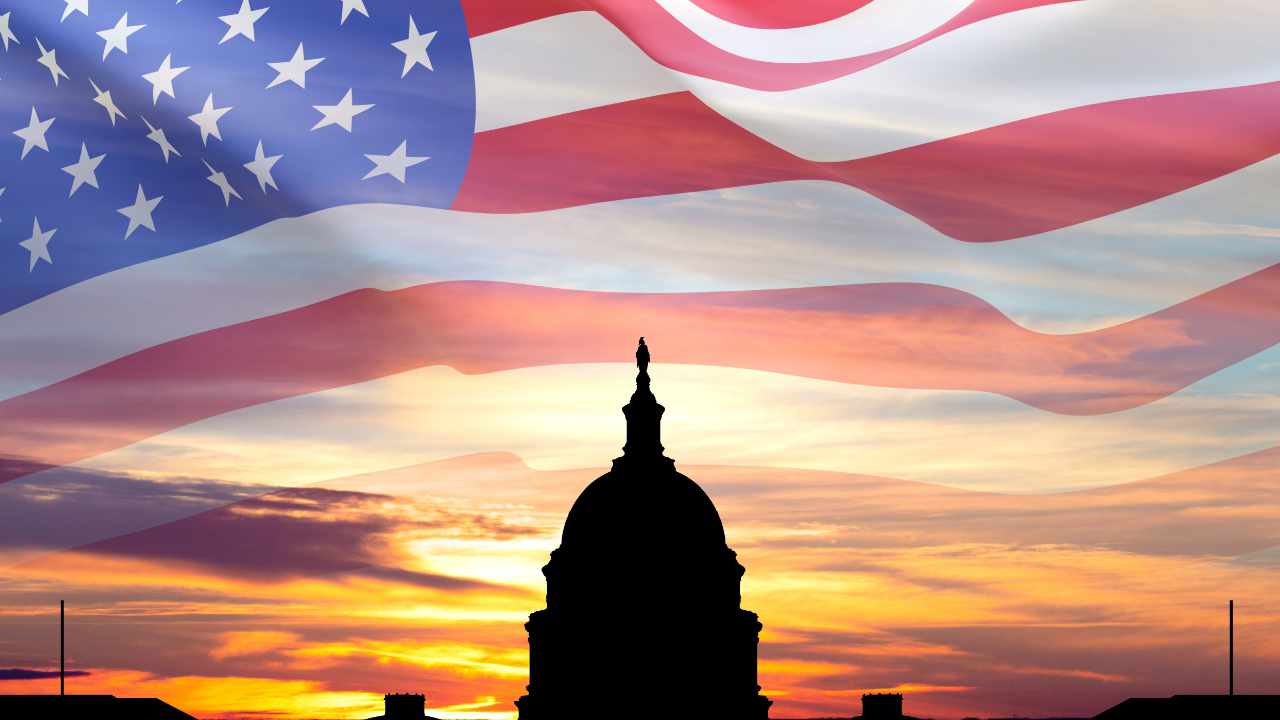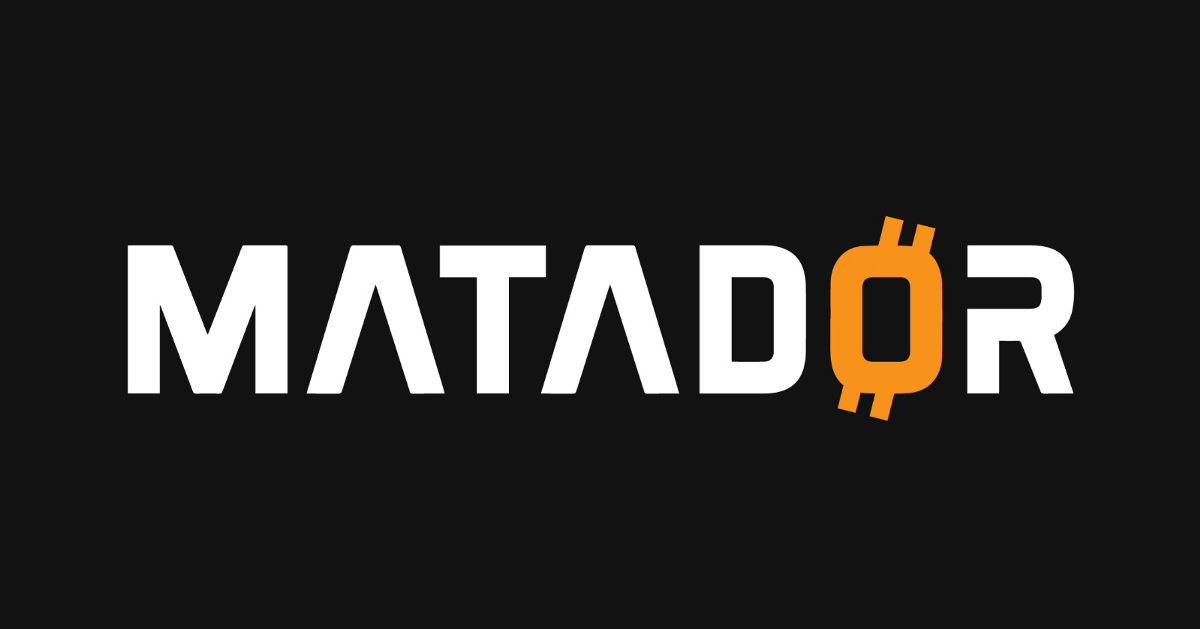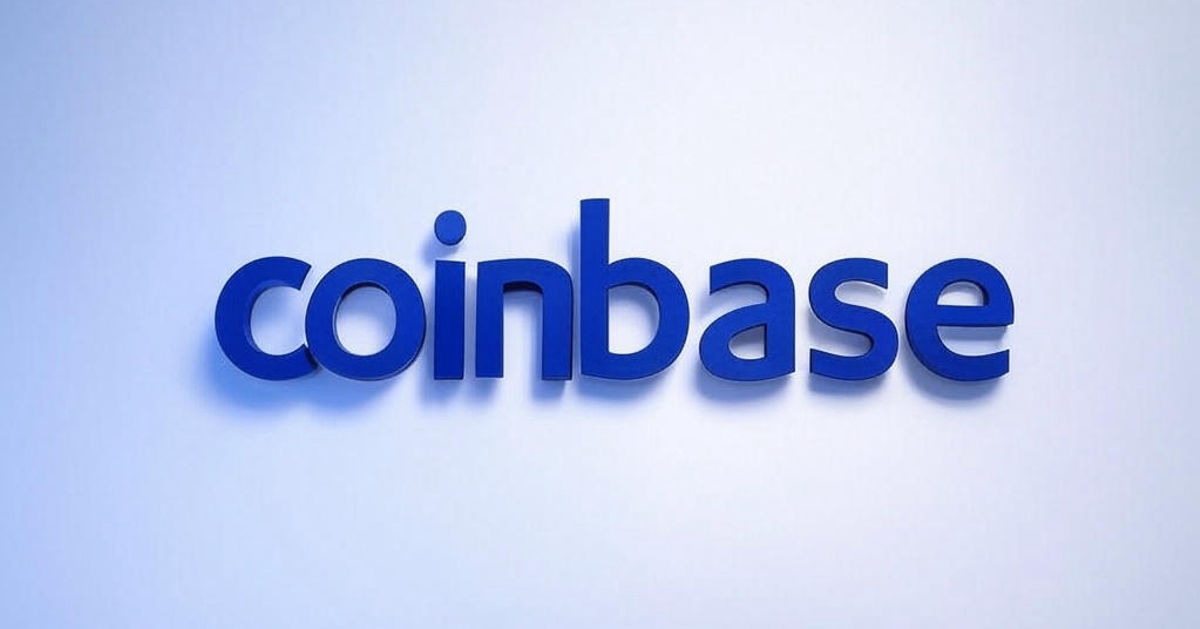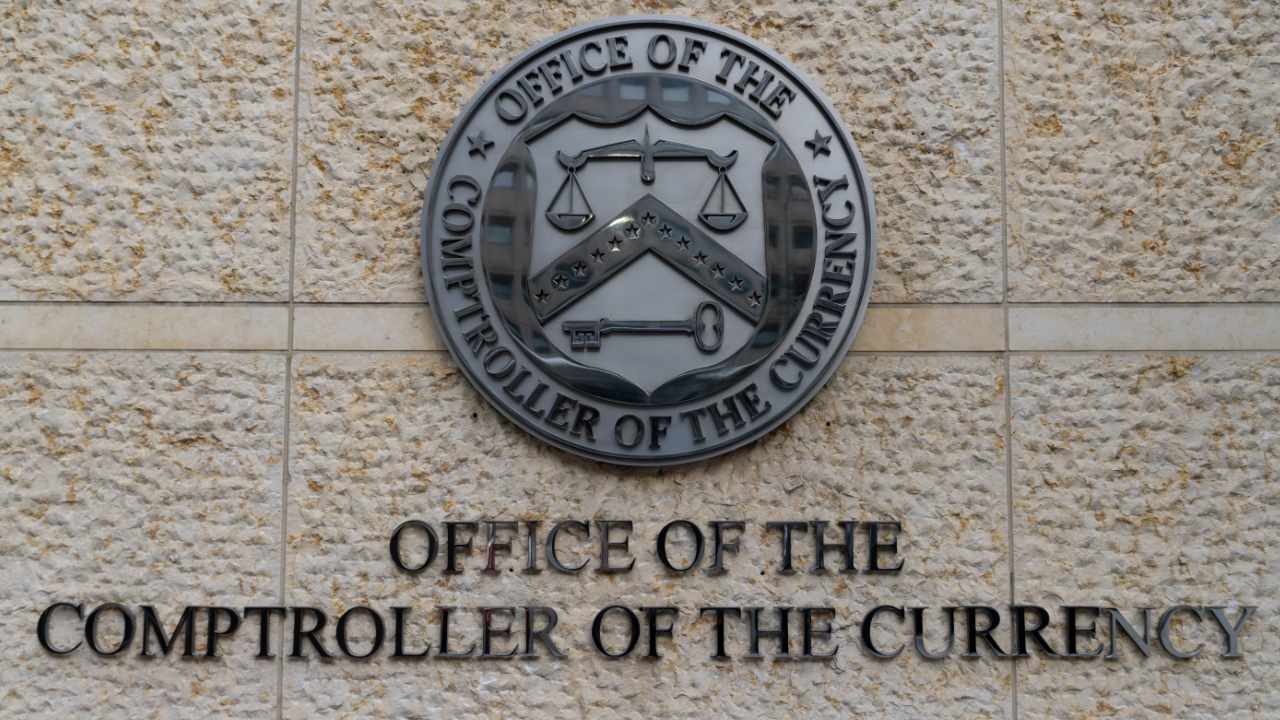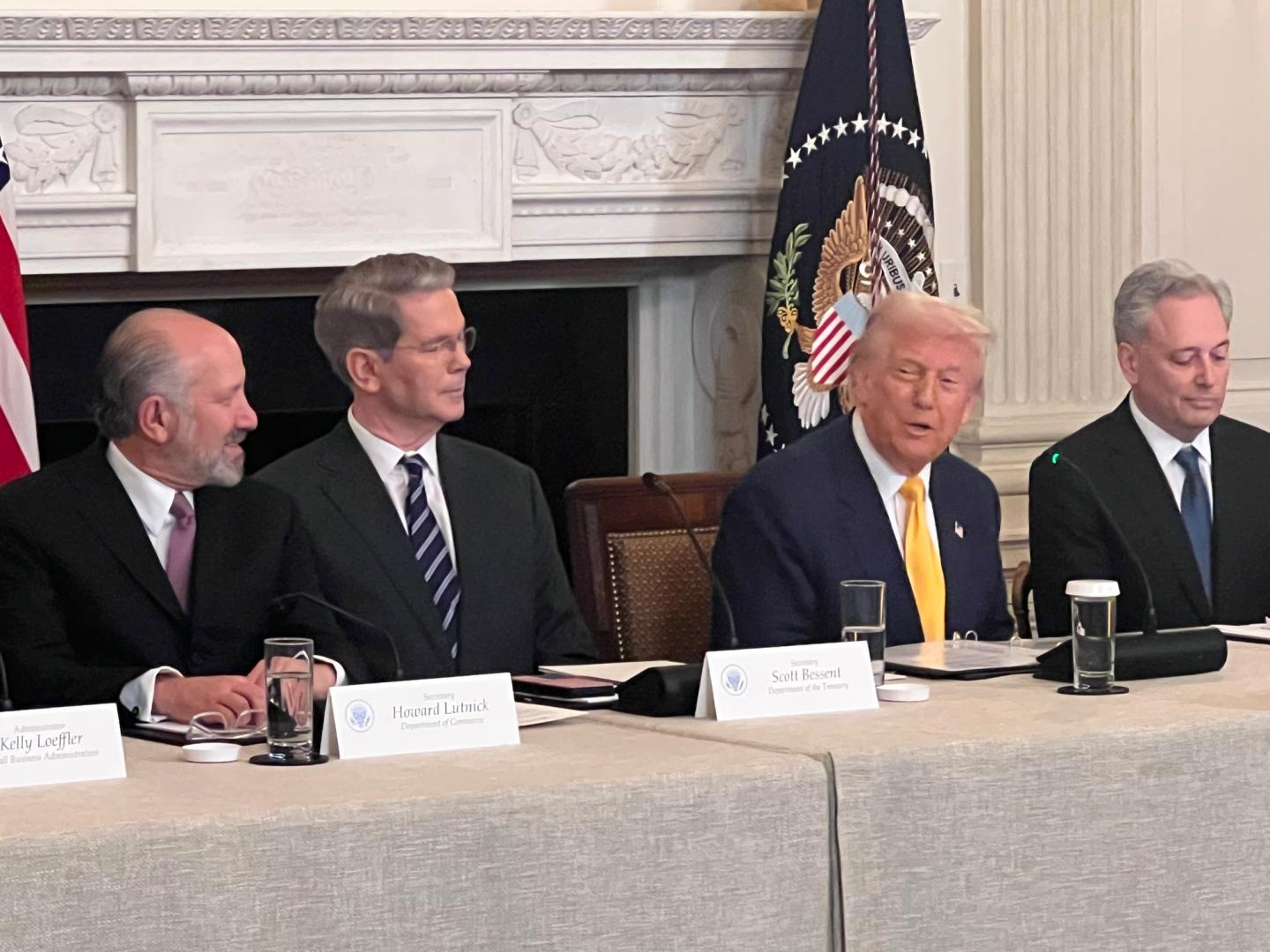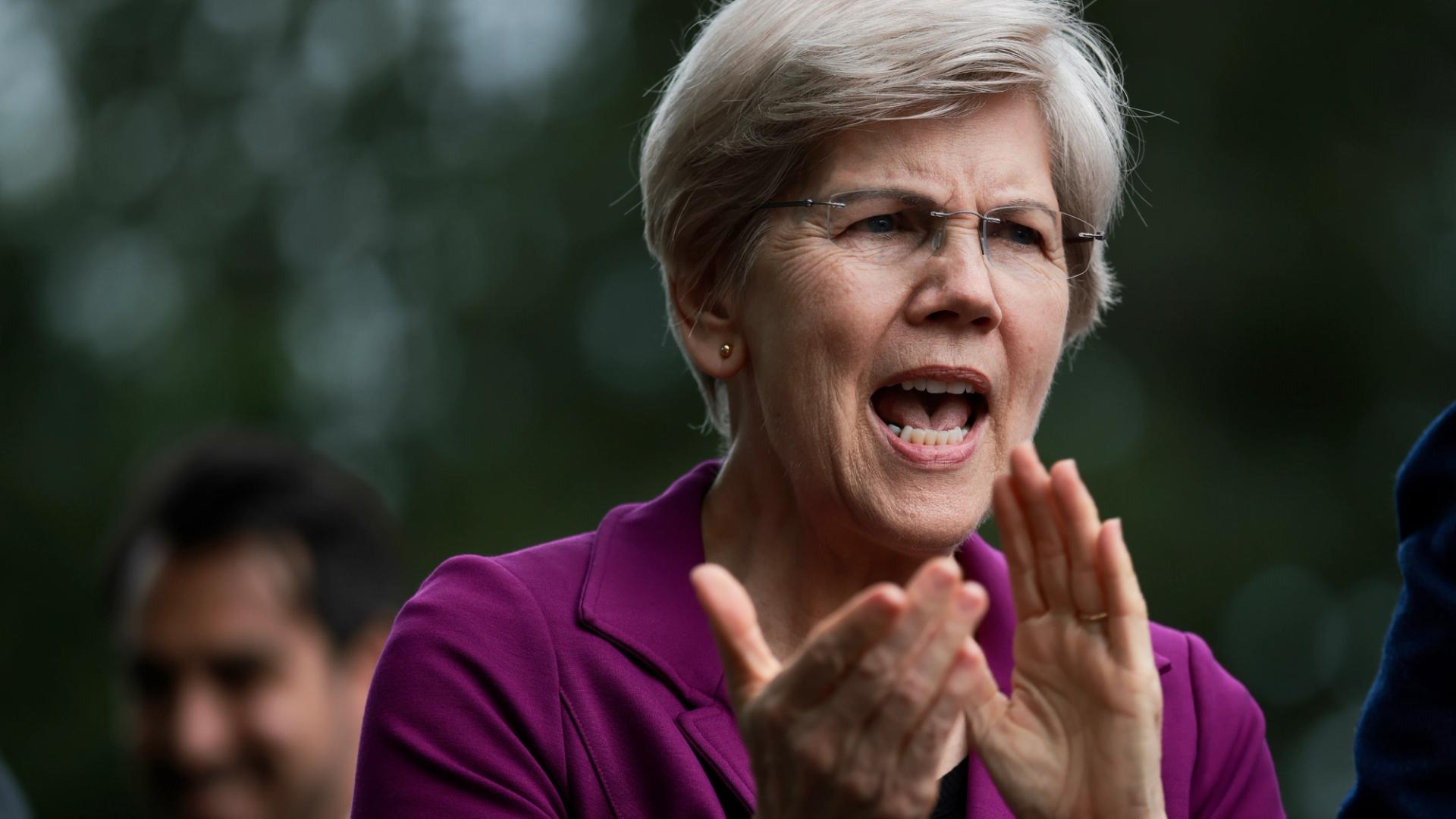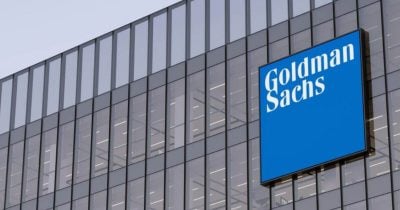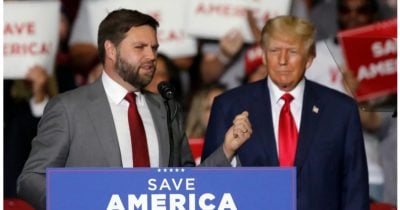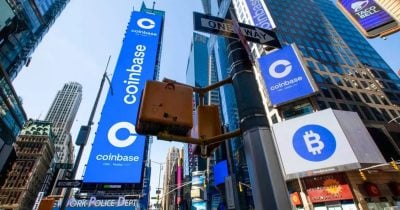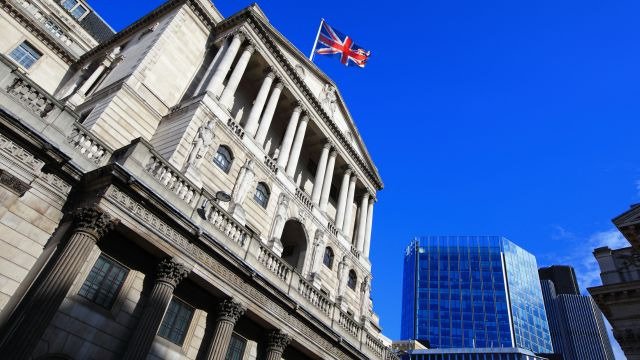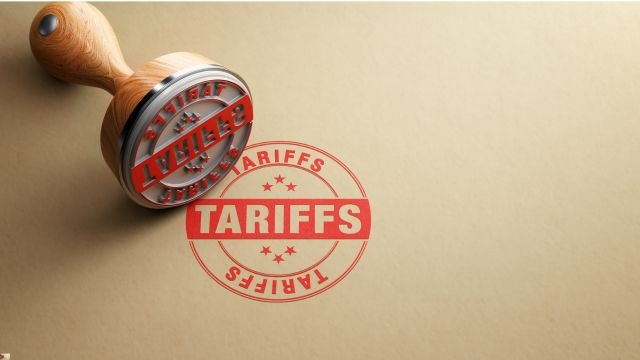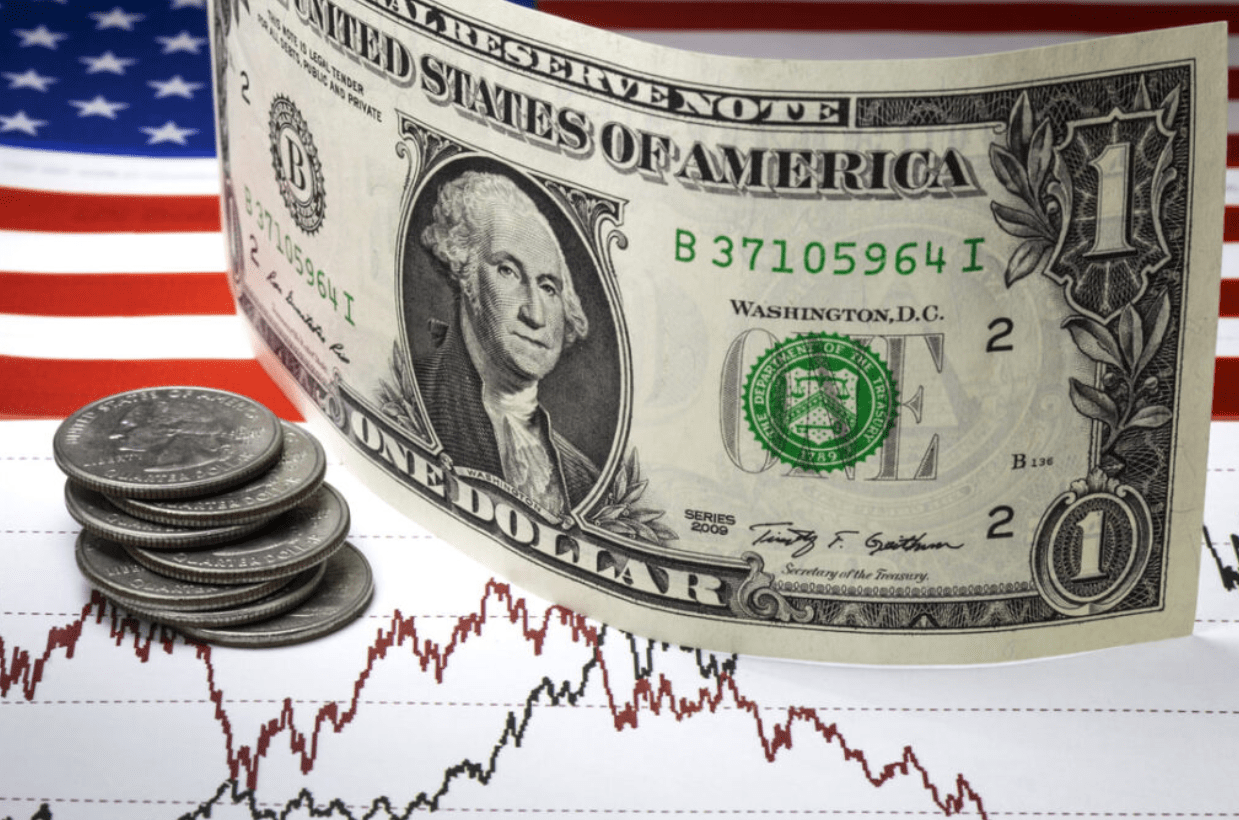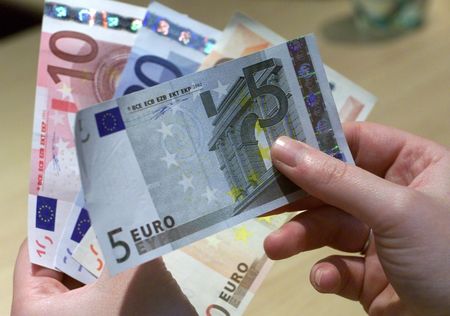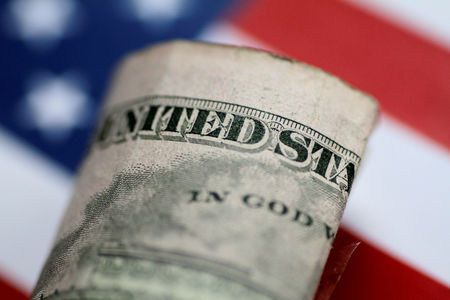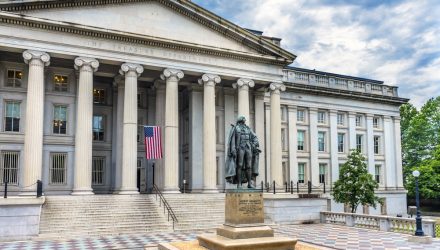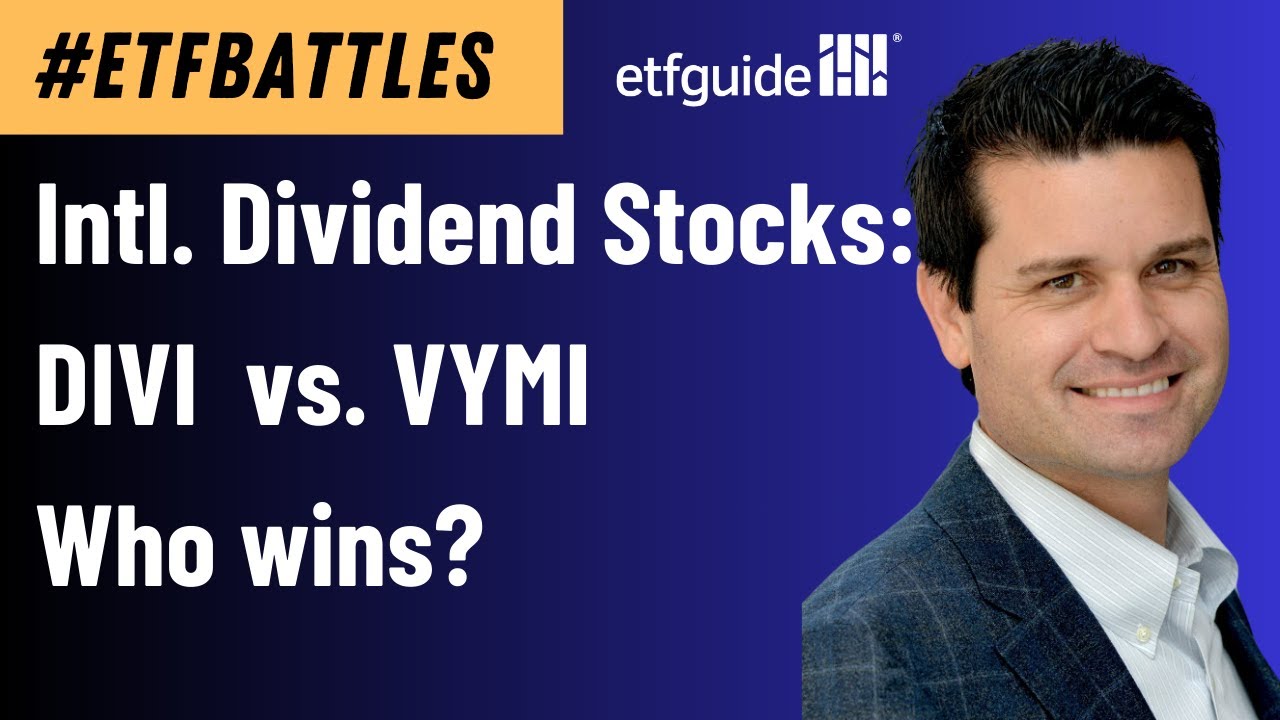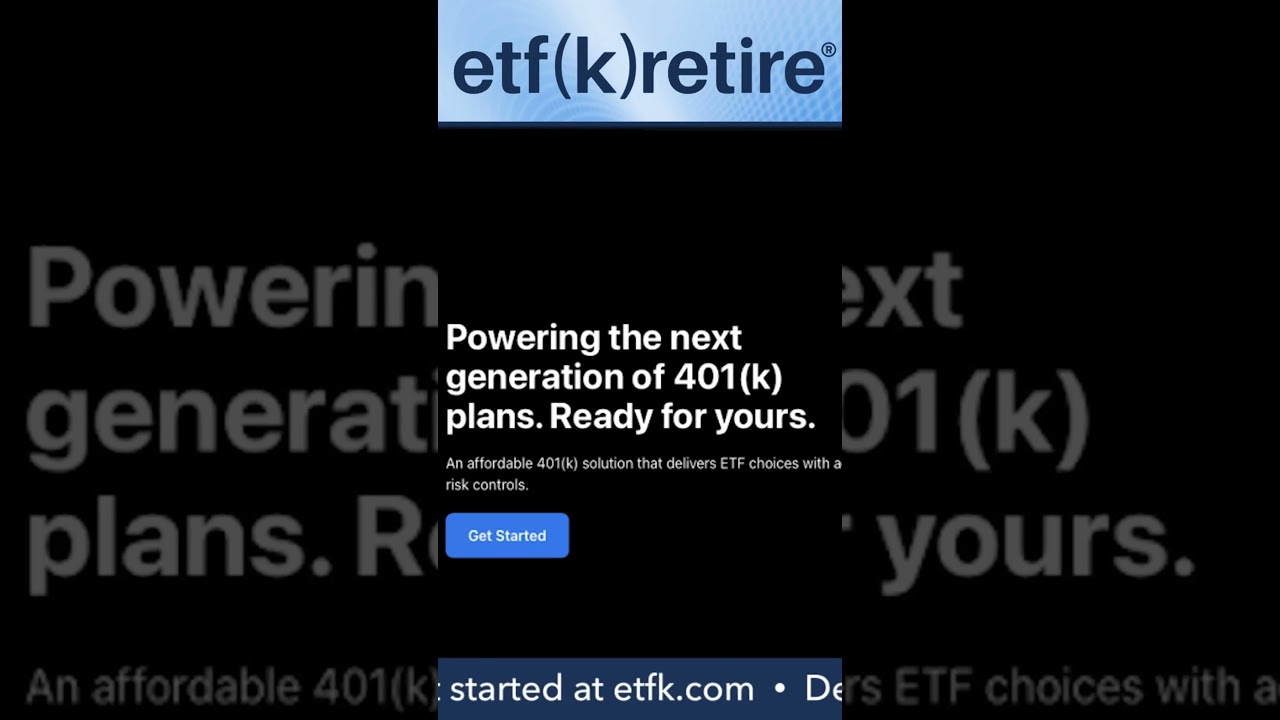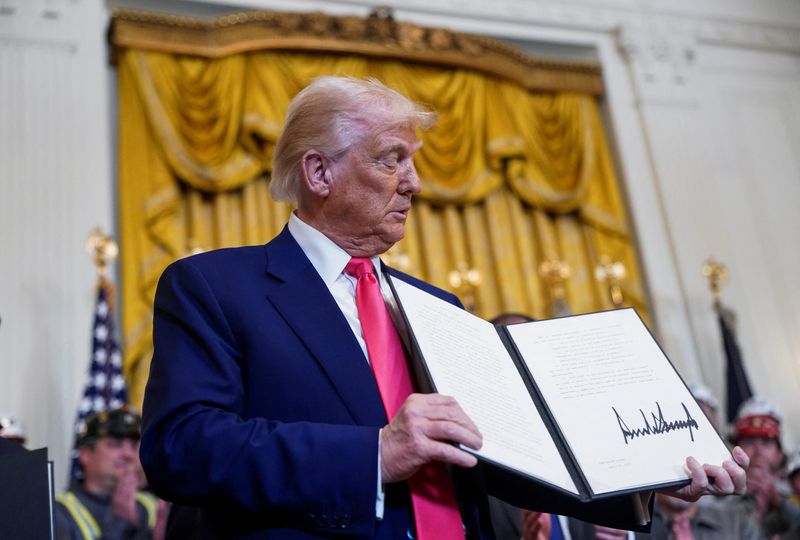Citadel CEO Ken Griffin says ‘it’s terrifying to watch’ as tariffs open doors to crony capitalism
"Tariffs open the doors to crony capitalism. The government starts to pick winners and losers,” Griffin said.

- The hedge fund titan warned that tariffs lead to crony capitalism as the government picks winners and losers. Speaking on the sidelines of the Milken Institute's Global Conference, Ken Griffin told Politico the Trump administration's tariff exemptions signal that the U.S. has "already—regretfully—unleashed an era of crony capitalism."
Citadel founder and CEO Ken Griffin sounded the alarm on tariffs, saying they are already ushering in an "era of crony capitalism."
Speaking on the sidelines of the Milken Institute's Global Conference, he also told Politico on Thursday the shift is happening much faster than he had expected.
"Tariffs open the doors to crony capitalism. The government starts to pick winners and losers,” Griffin said. "I thought that would play out over the course of years. It’s terrifying to watch this play out over the course of weeks."
He added that the Trump administration's granting of tariff exemptions for products and industries signal that it's "very clear that we have roughly already—regretfully—unleashed an era of crony capitalism."
That echoes Dartmouth College economist Douglas Irwin, who has warned that Trump's so-called reciprocal tariffs in particular "would fill the swamp, not drain it," as lobbying pressure for exemptions to potentially millions of individual rates would be enormous.
After imposing 145% tariffs on China last month, the administration issued guidance days later that exempted broad categories of key tech imports, such as smartphones, chips, and other electronics.
And after announcing the framework for a trade deal with the United Kingdom on Thursday that lowered tariffs on British cars, the U.S. auto industry criticized it for granting U.K. cars better treatment.
"This hurts American automakers, suppliers, and auto workers. We hope this preferential access for U.K. vehicles over North American ones does not set a precedent for future negotiations with Asian and European competitors," said Matt Blunt, president of the American Automotive Policy Council.
Griffin also told Politico his initial high expectations for Trump's second term have waned amid the trade war, adding that the dollar's resulting decline and lower spending power will become apparent in the next couple weeks.
Still, he hopes Trump will succeed, noting a fine line between constructive criticism and "just being toxic."
The White House didn't immediately respond to Fortune's request for comment. However, a spokesman told Politico "the biggest beneficiaries of President Trump’s America First agenda of tariffs, tax cuts, and deregulation are American workers. President Trump delivered historic middle-class wage and job growth in his first term by leveling the playing field and delivering tax relief, and he’s set to do so again in his second term."
During his remarks to the Milken conference's audience on Thursday, Griffin described tariffs as essentially a regressive tax policy that will raise the cost of goods and are "contrary to the promise that the president made to the American people" to improve their standard of living.
He also doubted how much tariffs can create new manufacturing jobs in the U.S., pointing out that only a small fraction of American workers are employed at factories as the economy has evolved into a post-industrial phase, similar to how it transformed a century ago from being dominated by agriculture.
Griffin also raised concerns that the administration's fiscal policies will be able to shrink the annual budget deficit to 3% of GDP from 6%, pointing to plans to end income taxes on tips and overtime pay.
And while the regulation wave has stopped under Trump and is a "godsend," it's not that clear to Griffin yet how much deregulation is on the way because cleaning up the food chain is also a form of regulation that's needed to maintain prosperity.
"So I'm not sure how much we're going to be able to roll back the weight of regulation," he added. "But stopping the deluge of regulation of the Biden administration is just incredibly powerful for American entrepreneurship."
This story was originally featured on Fortune.com




